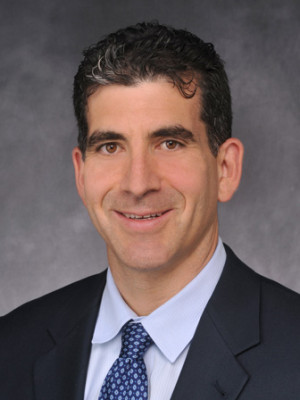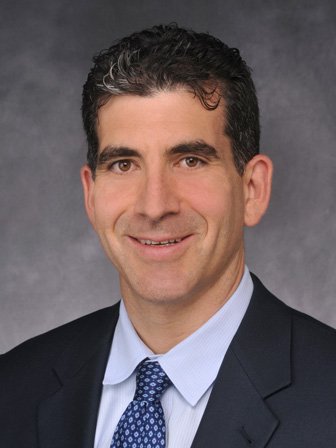[btn]By Adam Sabbath, M.D.[/btn]
“You have heart failure.”
These scary words are heard daily by many patients and their families. They are not as frightening as they used to be. We are better able to help through education and treatment more now than ever before.

Adam Sabbath, M.D.
Heart failure can be caused by many things including the strength of your heart, stiffness of your heart or malfunction of your heart’s valves. It does not mean your heart has stopped working, it simply means it is not efficient enough to keep up with your daily needs.
Common symptoms are shortness of breath while lying down or while exerting yourself, fatigue, inability to complete life’s tasks, and often water retention that appears as swelling in the legs.
Heart failure can be managed through a partnership with your physician and their heart failure team with a goal to live an active lifestyle and prevent future complications. One of the most important lifestyle changes for heart failure is reducing your sodium (salt) intake. This may sound simple, but many canned, packaged and frozen foods are high in sodium and don’t even taste salty.
Your physician will let you know your sodium intake for each day. Then incorporate these habits into your daily routine:
• Plan your meals each day by checking sodium levels labeled on everything, including snacks, seasonings, and drinks
• Spread your sodium intake throughout the day.
• Buy only foods that help you meet your goals.
• Get rid of the salt shaker and avoid sea salt (it’s still sodium) and salt substitutes.
• When you eat out, ask that food be cooked without adding salt and ask for nutritional information if it’s not on the menu.
• Season with flavorings/herbs that do not contain sodium such as pepper, lemon and garlic.
Learn more about management with these free talks with John C. Lincoln cardiologists:
• What causes heart failure? 5 to 7 p.m. Thursday, Nov. 7, Cowden Center, 9202 N. 2nd St., on the campus of John C. Lincoln North Mountain Hospital, with Adam Sabbath, M.D.
• I have been diagnosed with heart failure. What’s next? 5 to 7 p.m. Thursday, Nov. 21, Cowden Center, with Mayurkumar Bhakta, M.D.
Additional information and free health screenings will be at each event. RSVP by calling 602-870-6060, ext. 6622, or e-mailing cheryl.dodson@JCL.com.
Adam Sabbath, MD, FACC, is the Medical Director of heart failure for the John C. Lincoln Health Network. The information in “To Your Health” is provided by John C. Lincoln Health Network as general information only. For medical advice, please consult your physician.










































